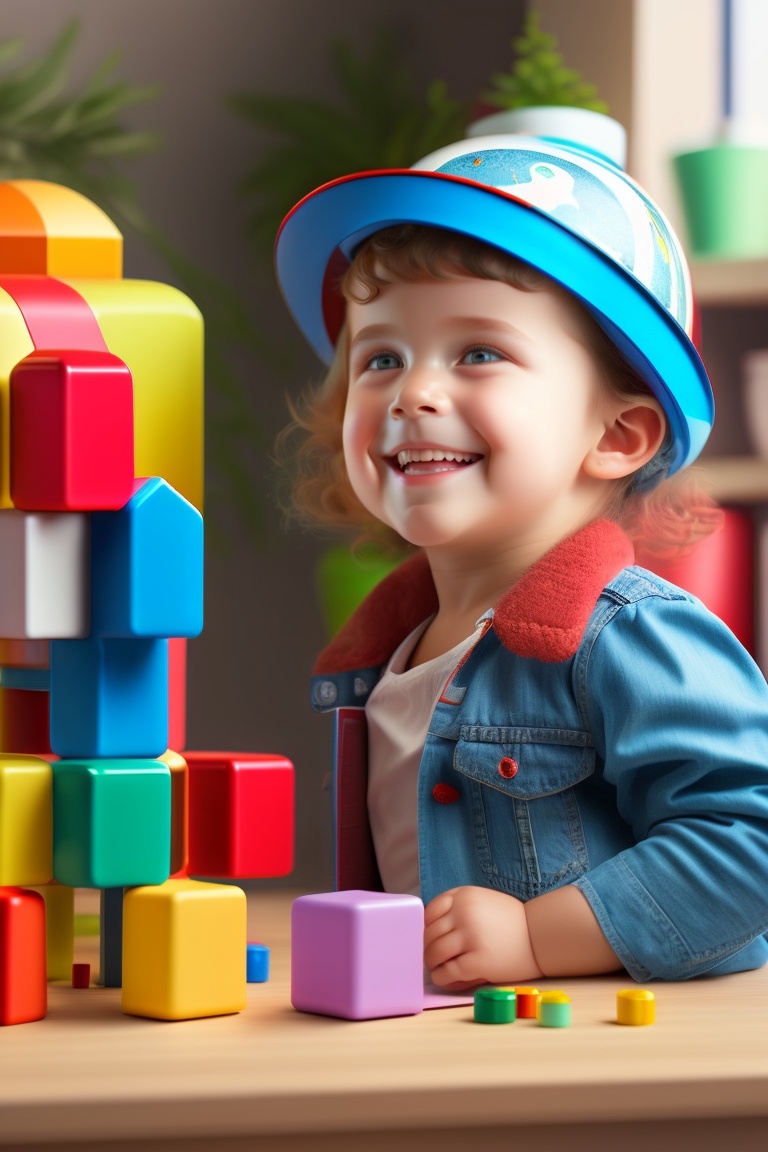
Choosing Age-Appropriate Educational Toys for Your Toddler: A Parent’s Guide
As a parent, you want to provide the best opportunities for your toddler’s growth and development. One way to do this is by choosing age-appropriate educational toys. These toys not only entertain your child but also stimulate their cognitive, physical, and social skills. In this guide, we will explore the essential factors to consider when selecting educational toys for your toddler.
Understanding the Importance of Age-Appropriate Toys
Age-appropriate toys play a crucial role in your toddler’s development. They are specifically designed to match their current cognitive and physical abilities, ensuring optimal engagement and learning. Toys that are too advanced may frustrate your child, while those that are too simple may fail to challenge them. By selecting toys that align with your toddler’s age, you can provide stimulating experiences that foster their growth and curiosity.
Assessing Your Toddler’s Developmental Stage
Before diving into toy selection, it’s important to assess your toddler’s developmental stage. Every child progresses at their own pace, so understanding their current abilities will help you choose toys that cater to their specific needs. Consider their fine and gross motor skills, problem-solving abilities, language development, and social interaction skills. This assessment will serve as a foundation for choosing toys that complement their current developmental milestones.
Key Factors to Consider When Choosing Educational Toys
- Safety: Prioritize safety by selecting toys with non-toxic materials, smooth edges, and no small parts that could pose a choking hazard.
- Durability: Opt for toys that can withstand rough play and are made from high-quality materials to ensure longevity.
- Educational Value: Look for toys that promote learning and skill-building, such as puzzles, building blocks, or shape sorters.
- Open-Ended Play: Choose toys that encourage creativity and imagination, allowing your toddler to explore different possibilities and scenarios.
- Multi-Sensory Engagement: Toys that engage multiple senses, such as tactile, auditory, and visual stimuli, enhance your toddler’s overall learning experience.
- Age Recommendations: Pay attention to the age recommendations on toy packaging to ensure they align with your child’s current stage of development.

Recommended Educational Toys by Age Group
- 6-12 Months: Soft blocks, stacking rings, and activity boards with buttons and levers.
- 1-2 Years: Nesting cups, shape sorters, musical instruments, and simple puzzles.
- 2-3 Years: Play kitchen sets, building blocks, large puzzles, and pretend play toys like doctor kits or tool sets.
- 3-4 Years: Art supplies, more complex puzzles, construction sets, and dress-up costumes.
Safety Precautions and Quality Assurance
When selecting toys, prioritize safety to protect your child from potential hazards. Ensure that the toys meet the required safety standards and are free from harmful substances. Always read product reviews and check for any recalls. Regularly inspect toys for wear and tear, and discard any damaged or broken items to prevent accidents.
Encouraging Learning Through Play
To maximize the educational value of toys, actively engage with your toddler during playtime. Ask open-ended questions, provide guidance, and create a supportive environment. Take part in their imaginative play scenarios, which can enhance their language skills, problem-solving abilities, and social interactions. By participating and showing interest in their play, you can foster a love for learning and exploration.
Choosing age-appropriate educational toys is a thoughtful and vital decision for parents. By considering your toddler’s developmental stage, prioritizing safety, and selecting toys that promote learning and creativity, you can provide them with engaging experiences that support their growth and development. Remember, it’s not just about the toy itself but also about the quality of interactions and opportunities for learning that it provides. Invest in toys that inspire curiosity, spark imagination, and nurture your child’s love for learning.



